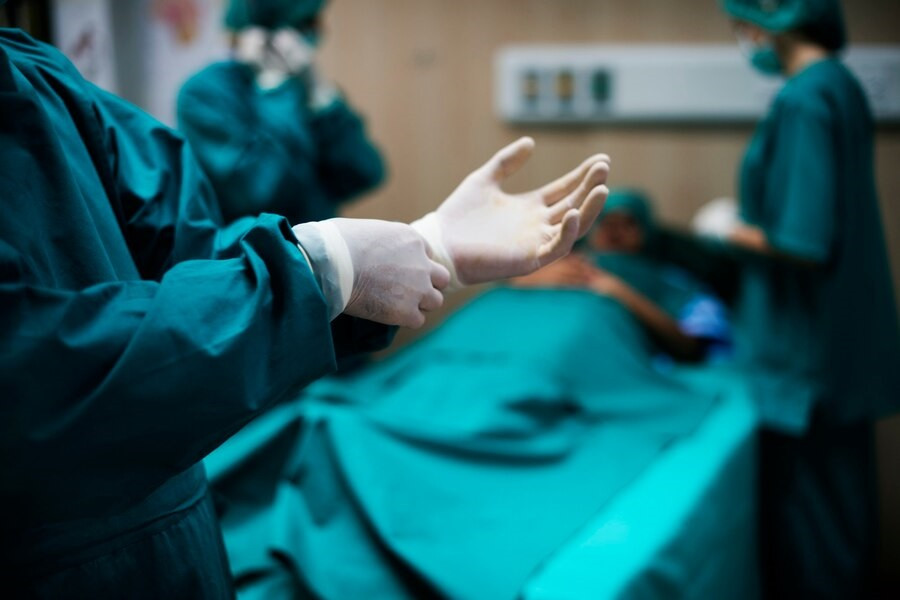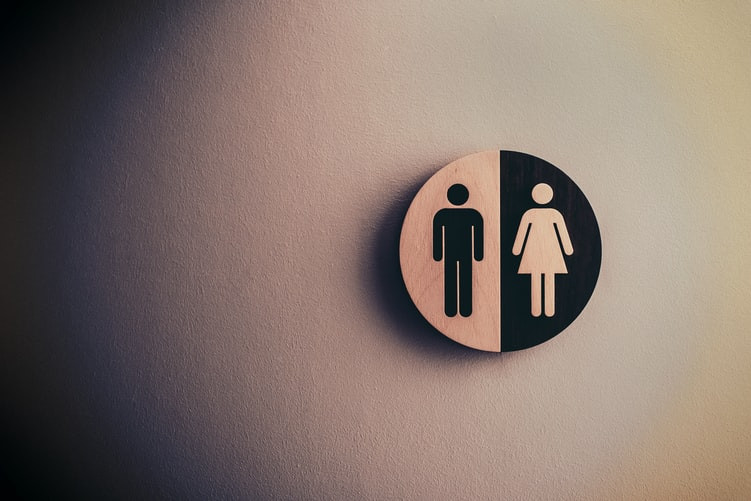Prostatectomy is an essential surgical intervention performed on the prostate, particularly when the gland presents with severe complications. The prostate gland is exclusively found in men and is the size of a walnut. It is placed beneath the bladder and in front of the rectum. These glands encircle the urethra like a necklace.
The prostatic gland is responsible for the production of semen. This fluid provides nutrition to sperm and helps in sperm transportation during ejaculation.
How does a prostatectomy procedure work?
Prostatectomy is a surgical treatment that removes part or all of the prostate. There are two different types of prostatectomy procedures:
- Radical prostatectomy is a surgical operation that involves the complete removal of the prostate gland along with a portion of the surrounding tissue that is susceptible to cancer
- A simple prostatectomy is a surgical procedure in which only a portion of the prostate is removed, such as the typically enlarged interior of the gland. A laparoscopic technique can be applied to perform a simple prostatectomy. Laparoscopic prostatectomy applies a small stomach incision and a camera to avoid a massive open incision
Each method of prostatectomy has advantages and disadvantages, which vary based on the type of prostate disease, prostate size, and the patient's medical condition.
Read more: Getting To Know Prostate Cancer Symptoms And Actions To Handle It
Benefits of prostatectomy
The following are examples of prevalent conditions that necessitate prostatectomy as treatment:
Benign prostatic hyperplasia (BPH)
Prostate hyperplasia (BPH) is a benign enlargement of the prostate organ that is not associated with cancer. As they get older, males often experience this problem
Prostatitis
Inflammation or infection of the prostate gland is referred to as prostatitis
Prostate cancer
When cancer cells grow in the prostate, it is known as prostate cancer. The early phases of this development may not show any signs and typically progress slowly. Prostate cancer symptoms typically appear when the disease has progressed to an advanced stage or when cancer cells have disseminated.
Read more: 5 Ways To Reduce The Risk Of Prostate Cancer
Prostatectomy risks
Although prostate surgery can help treat certain concerns regarding the prostate, you should be aware of the risks involved. Here are a few risks to consider:
- A prostatectomy-induced loss of nerve sensation may impact the nerves responsible for sexual function
- Urinary leakage or urinarollowing prostate surgery
- Lymphedema, or fluid accumulation in the lymph nodes close to the genital region, causes a risk of discomfort and swelling
- Increased inguinal hernia risk
- Change in penis size or the sensation that the penis has changed
- Certain procedures can result in a decrease in the length of the urethra
- The inability to get or keep an erection
- Infection following surgery
- Possible risks of anesthesia
- Blood clotting
- The necessity of blood transfusion
- Prolonged healing complications
You should also consider the changes that may occur if you have your entire prostate removed. Even though a person can survive without a prostate, the uncontrolled urge to urinate, urine loss during sexual stimulation, and the healing process all have an impact on sexual activity.
Before undergoing a prostatectomy, you should consult with your doctor to ask for further information. If you need medical advice or consultation, you can either visit a doctor or make use of the consultation features that are available in the Ai Care application by downloading the Ai Care application from the App Store or Play Store.
Looking for more information about other diseases? Click here!
- dr. Monica Salim
Rachael Zimlich, BSN, RN (2022). The Purpose of Prostate Surgery. Available from: https://www.verywellhealth.com/the-purpose-of-prostate-surgery-5088493
American Cancer Society (2023). Surgery for Prostate Cancer. Available from: https://www.cancer.org/cancer/types/prostate-cancer/treating/surgery.html
Cleveland Clinic (2022). Prostatectomy. Available from: https://my.clevelandclinic.org/health/treatments/24294-prostatectomy
Cleveland Clinic (2022). Prostate. Available from: https://my.clevelandclinic.org/health/body/23965-prostate
Mayo Clinic (2023). Benign prostatic hyperplasia (BPH). Available from: https://www.mayoclinic.org/diseases-conditions/benign-prostatic-hyperplasia/symptoms-causes/syc-20370087
Mayo Clinic (2022). Prostatitis. Available from: https://www.mayoclinic.org/diseases-conditions/prostatitis/symptoms-causes/syc-20355766
Cleveland Clinic (2023). Prostate Cancer. Available from: https://my.clevelandclinic.org/health/diseases/8634-prostate-cancer
Mayo Clinic (2023). Urinary incontinence. Available from: https://www.mayoclinic.org/diseases-conditions/urinary-incontinence/symptoms-causes/syc-20352808
Mayo Clinic (2022). Lymphedema. Available from: https://www.mayoclinic.org/diseases-conditions/lymphedema/symptoms-causes/syc-20374682
Mayo Clinic (2021). Inguinal hernia. Available from: https://www.mayoclinic.org/diseases-conditions/inguinal-hernia/symptoms-causes/syc-20351547











